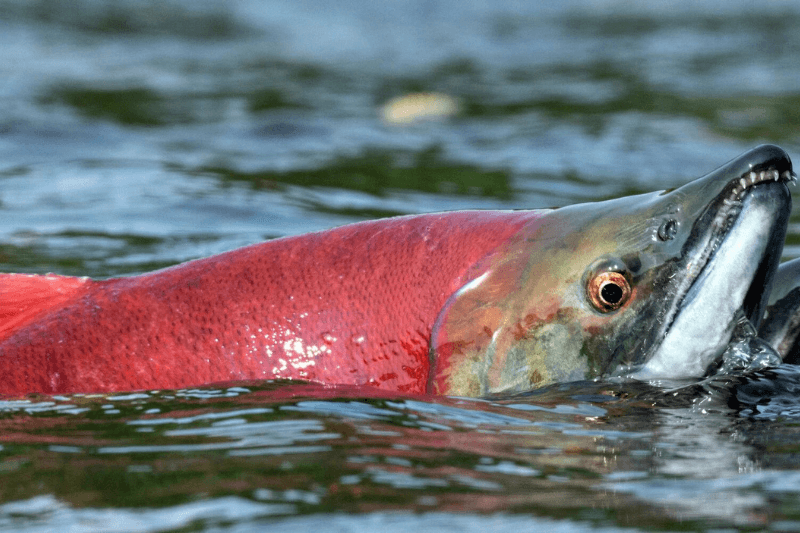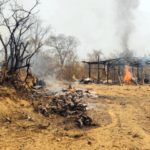
california’s winnemem wintu tribe fights return of sacred fish
The Winnemem Wintu tribe fought for more than a decade to reintroduce the winter run Chinook, their sacred salmon, to the McCloud River. They worked hard for the fish’s safe travel upstream to colder waters, where they reproduce.
To make it smoother for salmon, California’s tribe lit fires at night along the river, even physically carried the fish in baskets if it faced hurdles or obstacles along the way. The Winnemem Wintu tribe had its fair share of challenges, such as losing their ancestral land. The state government knew the tribe lived on the lands surrounding the McCloud River without legally owning it. It passed the Central Valley Project Indian Lands Acquisition Act to take the allotment lands tribal members owned in advance of the dam’s construction.
This resulted in displacement of tribal members. Hundreds of ancestral Winnemem Wintu villages, sacred sites and burial grounds ended at the bottom of the reservoir. It also blocked the salmon from returning to the spawning grounds, thus population decline.
Tribe Gets Its Land Back
The lack of federal recognition deprived the Winnemem Wintu tribe from getting protections and their rightful lands. But the tribe managed to purchase 1,080 acres of their ancestral lands on Indigenous People’s Day, for more than $2 million. It plans to construct an eco-village, integrate Indigenous living traditions with future-forward land management practices.
Keep Reading
Chief Caleen Sisk said the tribe really needed the land to re-establish their ways and bring back into their collective tribalism. “A lot of prayer and good hearted people helped us to get there. But I wouldn’t have imagined that we could have ever done that.”
Marine Sisk, Chief Caleen Sisk’s daughter who is a biologist, said they don’t fit into zoning laws. She explained that if the tribe wants to live as a community without dividing the land into separate parcels, just getting the permits, the zoning, everything had been a stop in the road ever since they started looking into getting land back.
Tribe Wants to Restore the Land
Now, the tribe wants to be flexible in their land usage. Michael Preston, the executive director of Sawalmem and son of Chief Caleen Sisk, said they want to restore the land it’s supposed to be. This means controlling burns, native plants and restore waterways. The tribe wants to make the land what it is supposed to look like.
It also plans on building sustainable, affordable housing and infrastructure for its members. Marine Sisk said there would be solar power and water runoff systems as key features to help reduce living costs for the tribe. “Just being able to live in a sustainable home can help with all the things we struggle with now. You’re not living paycheck to paycheck. You’re living to actually live.”









